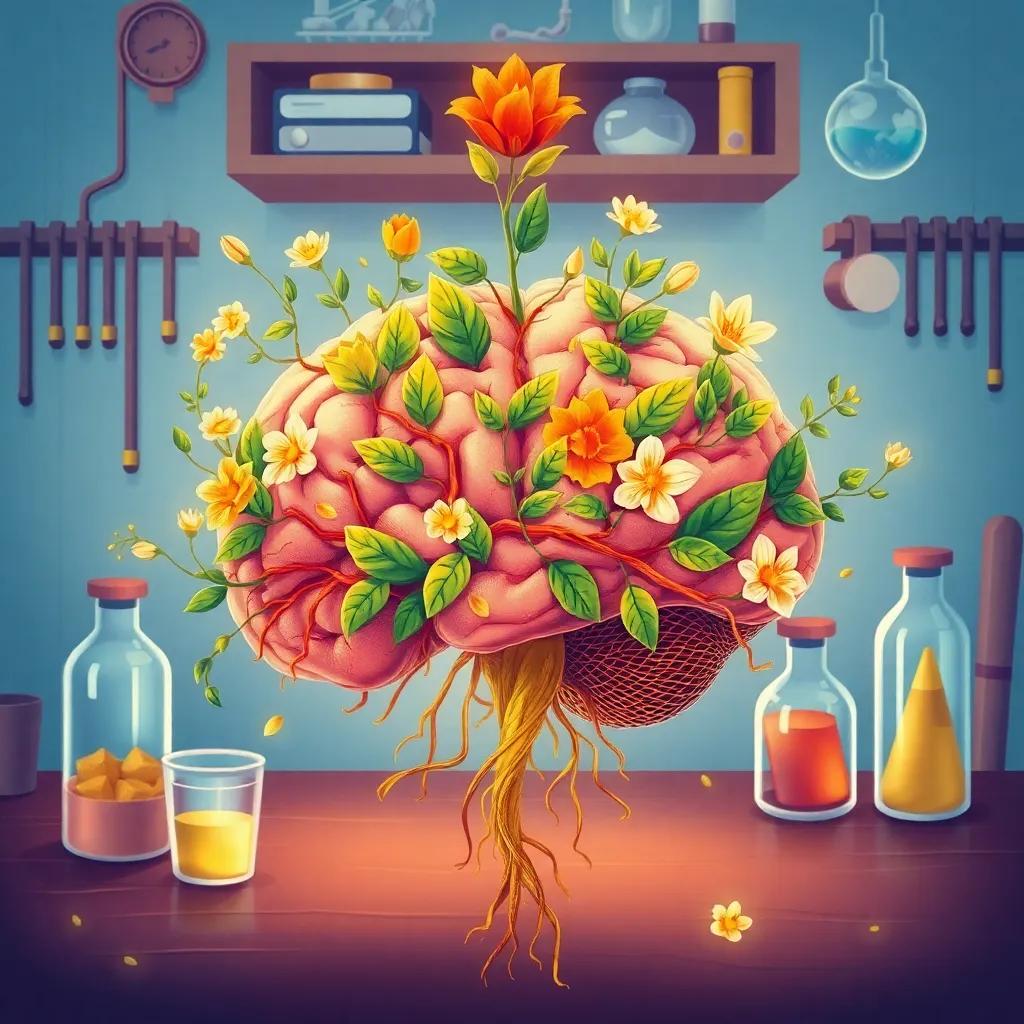Exploring the science behind Ashwagandha, Brahmi and Tulsi as natural stress-relievers and cognitive enhancers, with new research validating their traditional uses.
New clinical studies confirm what Ayurveda has known for centuries – these three herbs significantly impact stress and brain function.
The Renaissance of Ayurvedic Herbs in Mental Healthcare
In June 2024, the European Medicines Agency surprised the medical community by initiating review proceedings for Tulsi (Holy Basil) to be included in traditional herbal registries. This regulatory move signals growing acceptance of Ayurvedic herbs in mainstream medicine, particularly for mental health applications. We’re seeing a paradigm shift where traditional plant medicines are being subjected to the same rigorous testing as pharmaceuticals,
noted Dr. Anika Patel, neuroscientist at Stanford’s Center for Integrative Medicine, in her recent commentary for Nature Mental Health.
Ashwagandha: The Cortisol Regulator
A 2023 randomized controlled trial published in the Journal of Clinical Psychopharmacology demonstrated that standardized Ashwagandha extract (300mg twice daily) reduced cortisol levels by 27.9% in chronically stressed adults. These reductions are comparable to some pharmaceutical interventions but without the side effect profile,
reported lead researcher Dr. Rajesh Khanna in the study’s press release. The NIH-funded study from January 2024 further confirmed Ashwagandha’s benefits, showing significant improvements in sleep quality (p<0.01) when taken consistently for 8 weeks.
Brahmi’s Neuroprotective Effects Confirmed
The June 2024 issue of European Journal of Integrative Medicine featured groundbreaking research on Brahmi (Bacopa monnieri). Using advanced fMRI technology, researchers documented enhanced neural connectivity in the default mode network of participants taking standardized Brahmi extract. We’re not just seeing subjective reports of improved focus anymore – we can actually visualize the neurological changes,
explained Dr. Elisa Weber from the Berlin Institute of Neurobiology during her presentation at the International Congress of Integrative Medicine.
Tulsi: The Adaptogen for Modern Life
Google’s 2024 Workplace Wellness Report revealed that 42% of tech companies now offer Tulsi-infused beverages in their offices, responding to employee demand for natural stress solutions. This aligns with findings from a March 2024 meta-analysis in Phytotherapy Research showing Tulsi’s unique ability to modulate stress responses without causing drowsiness. However, Consumer Reports’ alarming finding that 32% of tested Ayurvedic supplements failed quality control underscores the importance of sourcing herbs from reputable suppliers.
Practical Integration into Daily Life
Startup Adaptogen Tech’s recent $14 million funding round highlights the growing market for scientifically-formulated herbal blends. Their chief science officer, Dr. Mei Lin, recommends: Start with single herbs to assess individual response before trying combinations. Morning Brahmi for focus, afternoon Tulsi tea for stress, and evening Ashwagandha for recovery creates a natural neurochemical rhythm.
She emphasizes the importance of third-party testing given the quality control issues plaguing the industry.
The Standardization Debate
A heated panel at the 2024 Global Ayurveda Congress debated whether reducing these complex herbs to isolated active compounds undermines their holistic benefits. These plants contain hundreds of synergistic compounds that may never be fully replicated in a lab,
argued Vaidya Arun Sharma, while pharmacologist Dr. Hannah Klein countered: Without standardization, we can’t ensure consistent clinical effects or proper dosing.
This tension between traditional wisdom and evidence-based medicine continues to shape research directions.




